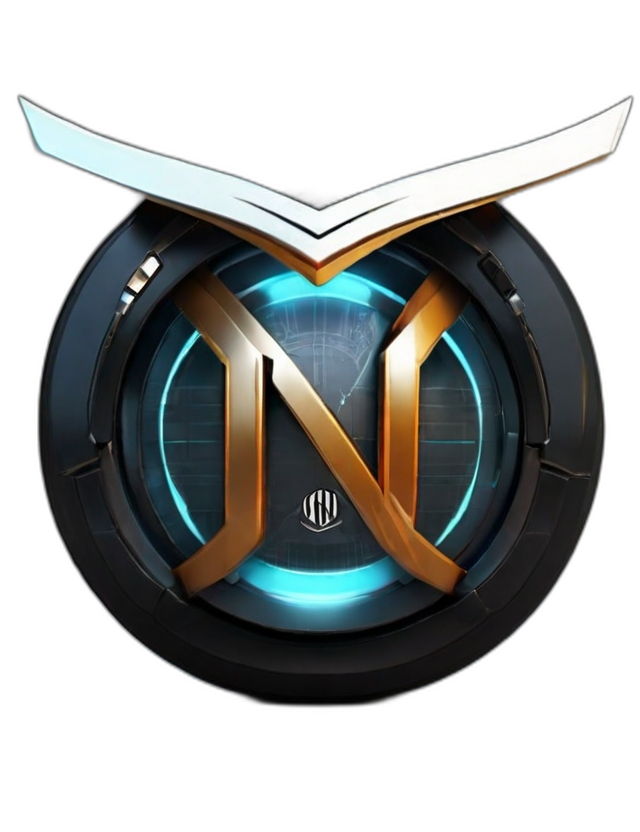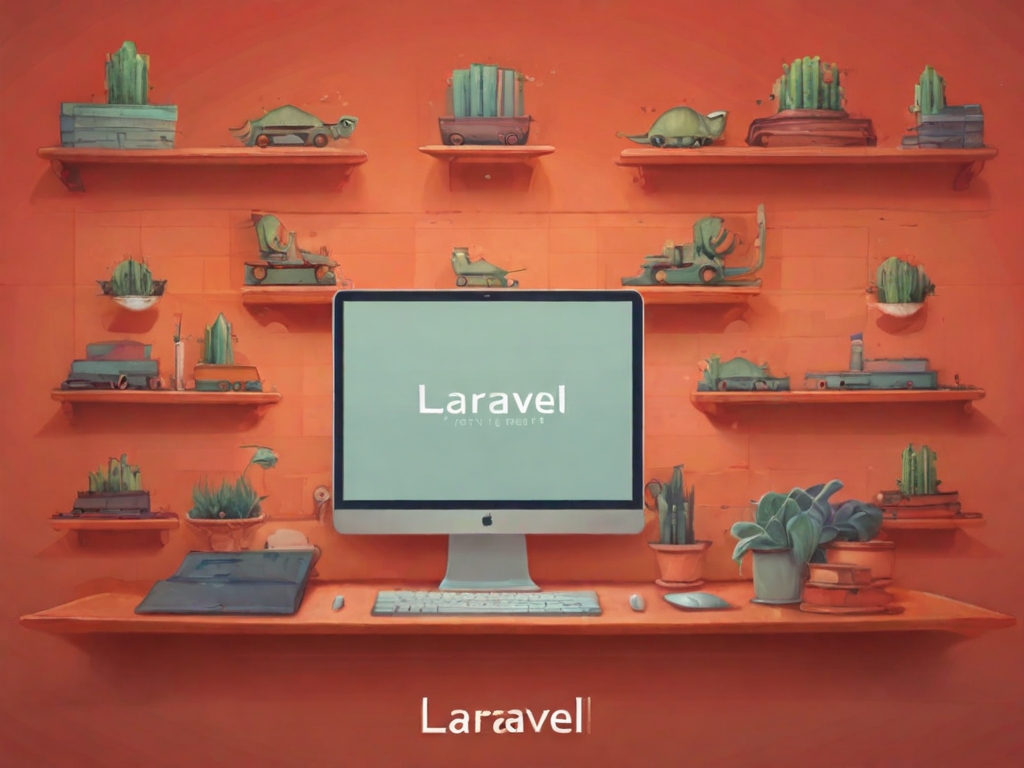
In the vast landscape of web development frameworks, selecting the right one can be a daunting task. Among the plethora of options available, Laravel stands out as one of the most popular and powerful PHP frameworks. However, the question remains: Should you choose Laravel for your next project? In this comprehensive guide, we will delve deep into the world of Laravel, exploring its features, benefits, drawbacks, and suitability for various types of projects.
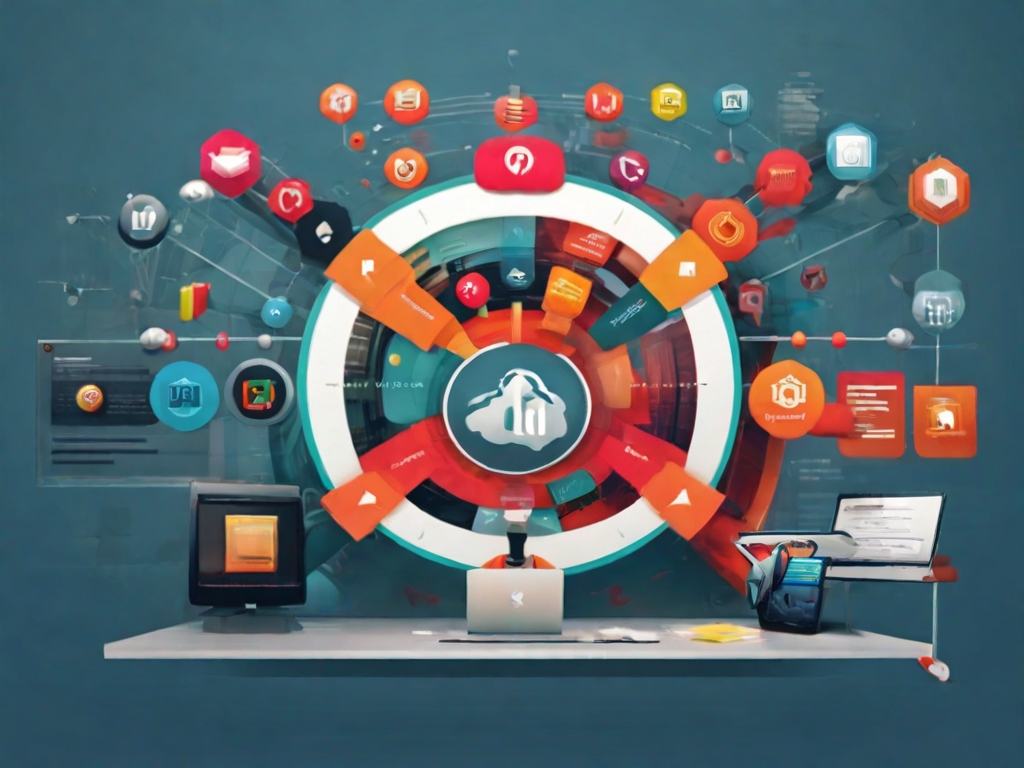
Introduction to Laravel
What is Laravel?
Laravel is an open-source PHP web application framework that follows the Model-View-Controller (MVC) architectural pattern. Created by Taylor Otwell in 2011, Laravel has since gained immense popularity among developers worldwide due to its elegant syntax, robust features, and developer-friendly approach.
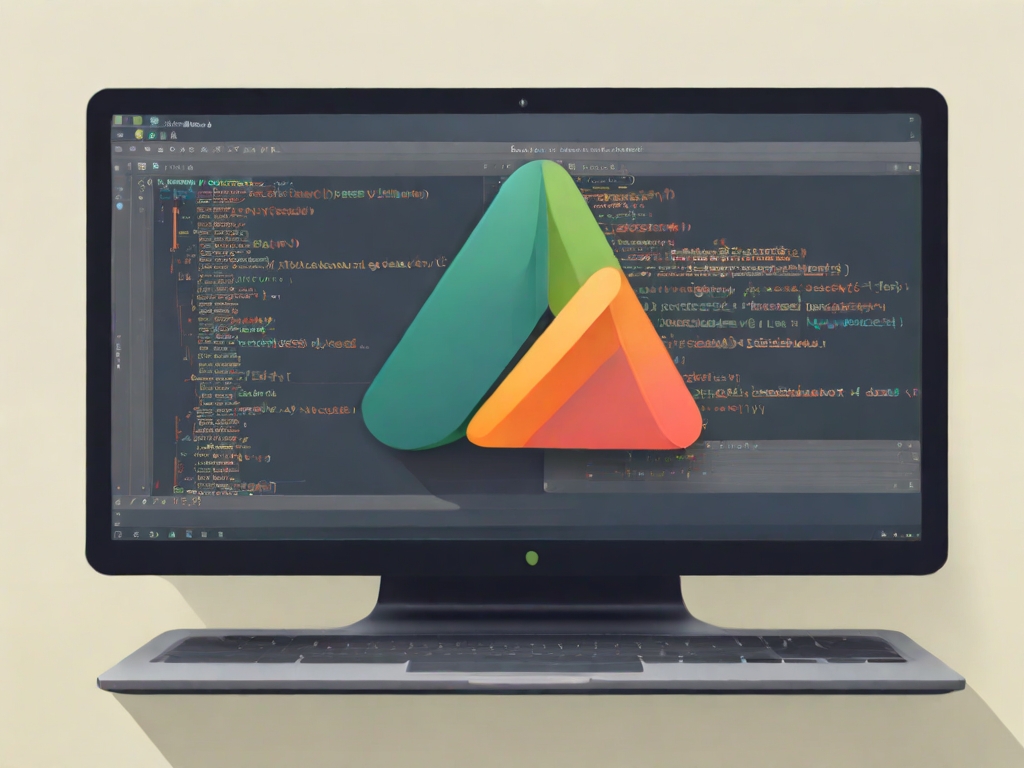
Key Features of Laravel
1. Blade Templating Engine
Laravel offers the Blade templating engine, which provides a clean, intuitive syntax for creating views. Blade templates facilitate the separation of HTML code from PHP logic, enhancing code readability and maintainability.
2. Eloquent ORM
Eloquent is Laravel’s built-in Object-Relational Mapping (ORM) system, which simplifies database operations by allowing developers to interact with databases using expressive PHP syntax rather than writing raw SQL queries.
3. Artisan CLI
Laravel’s Artisan command-line interface (CLI) automates repetitive tasks such as database migrations, seedings, and code generation, thereby boosting developer productivity.
4. Laravel Mix
Laravel Mix provides a fluent API for defining Webpack build steps for compiling assets such as CSS, JavaScript, and images. It streamlines the asset compilation process and supports various preprocessors like Sass and Less.
5. Authentication and Authorization
Laravel simplifies user authentication and authorization with its built-in authentication system, which includes features like user registration, login, password reset, and role-based access control.
6. Testing Support
Laravel offers robust testing support with PHPUnit integration out of the box. Developers can easily write unit tests, feature tests, and browser tests to ensure the reliability and stability of their applications.
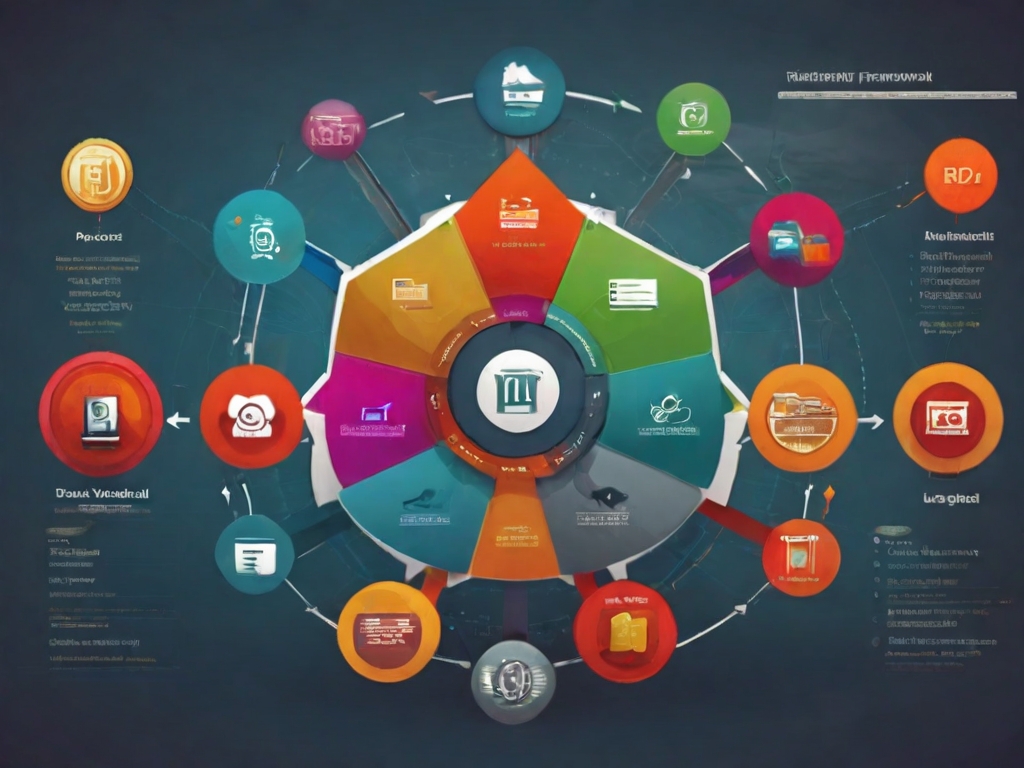
Laravel Ecosystem
1. Laracasts
Laracasts is an online learning platform offering high-quality video tutorials on Laravel, PHP, JavaScript, and other web development topics. It serves as a valuable resource for both novice and experienced Laravel developers seeking to enhance their skills.
2. Laravel Documentation
The official Laravel documentation provides comprehensive guidance on Laravel’s features, components, and best practices. It serves as a reliable reference for developers at all skill levels.
3. Laravel News
Laravel News is a community-driven platform that delivers the latest news, updates, tutorials, and packages related to Laravel and its ecosystem. It keeps developers informed about the latest trends and developments in the Laravel world.
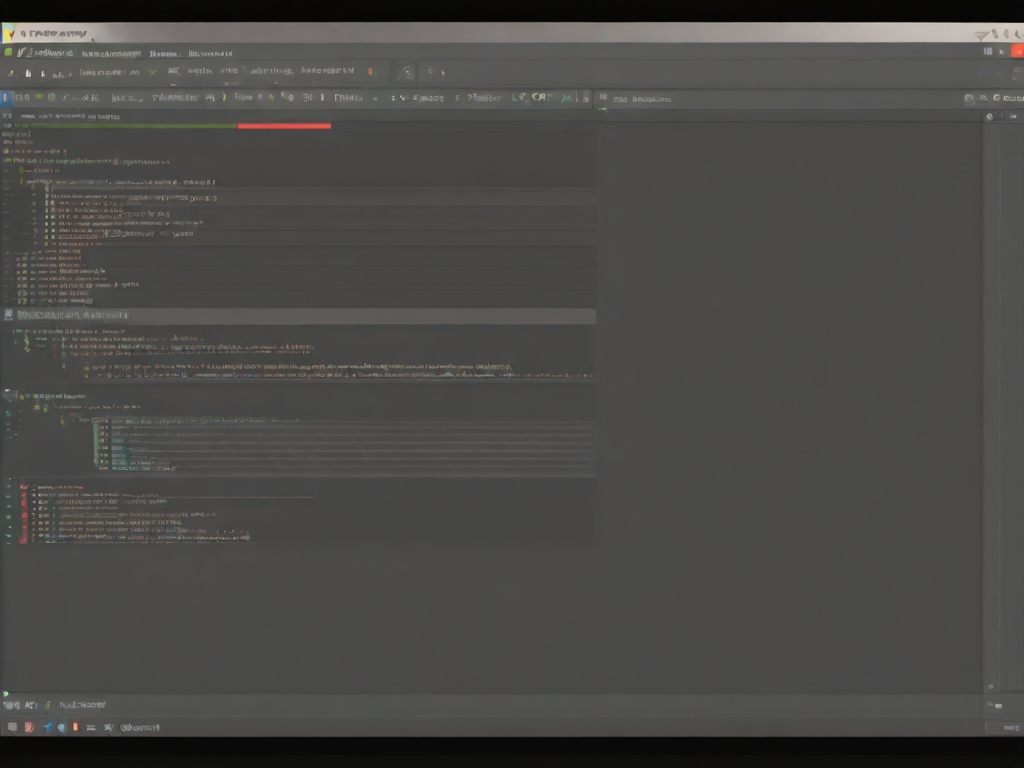
Why Choose Laravel?
1. Rapid Development
Laravel’s expressive syntax, rich set of features, and powerful tools enable developers to build web applications rapidly. With features like database migrations, routing, and authentication built-in, Laravel simplifies common development tasks, allowing developers to focus on building innovative solutions.
2. Scalability
Laravel’s modular structure and support for caching, queueing, and database sharding make it highly scalable, capable of handling projects of all sizes. Whether you’re building a small blog or a large-scale enterprise application, Laravel provides the flexibility and scalability you need to grow your project.
3. Community and Ecosystem
Laravel boasts a vibrant and active community of developers who contribute to its growth and evolution. With an abundance of third-party packages, tutorials, and resources available, developers can leverage the Laravel ecosystem to expedite development and overcome challenges.
4. Security
Security is paramount in web development, and Laravel prioritizes it by incorporating features like hashed password storage, CSRF protection, and SQL injection prevention out of the box. Additionally, Laravel’s authentication system simplifies the implementation of secure user authentication and authorization mechanisms.
5. Future-proofing with Laravel 9 and Beyond
Laravel continues to evolve with each new version, introducing enhancements, performance optimizations, and new features. With the release of Laravel 9 and beyond, developers can expect even more improvements and innovations, ensuring that their projects remain cutting-edge and future-proof.

Drawbacks and Considerations
While Laravel offers numerous benefits, it’s essential to consider its drawbacks and limitations before committing to it for your project.
1. Learning Curve
For developers new to Laravel or PHP frameworks in general, there may be a learning curve associated with understanding Laravel’s concepts, conventions, and best practices. However, with dedication and resources like Laracasts and the Laravel documentation, developers can overcome this hurdle relatively quickly.
2. Performance Overhead
Like any framework, Laravel incurs a certain performance overhead due to its abstraction layers, routing mechanisms, and additional features. While this overhead is generally negligible for most applications, performance-sensitive projects may require optimization and caching strategies to mitigate it effectively.
3. Maintenance and Updates
As with any software project, maintaining a Laravel application involves keeping up with updates, security patches, and backward compatibility considerations. While Laravel’s robust ecosystem and versioning strategy mitigate many maintenance challenges, ongoing maintenance remains a crucial aspect of any Laravel project’s lifecycle.
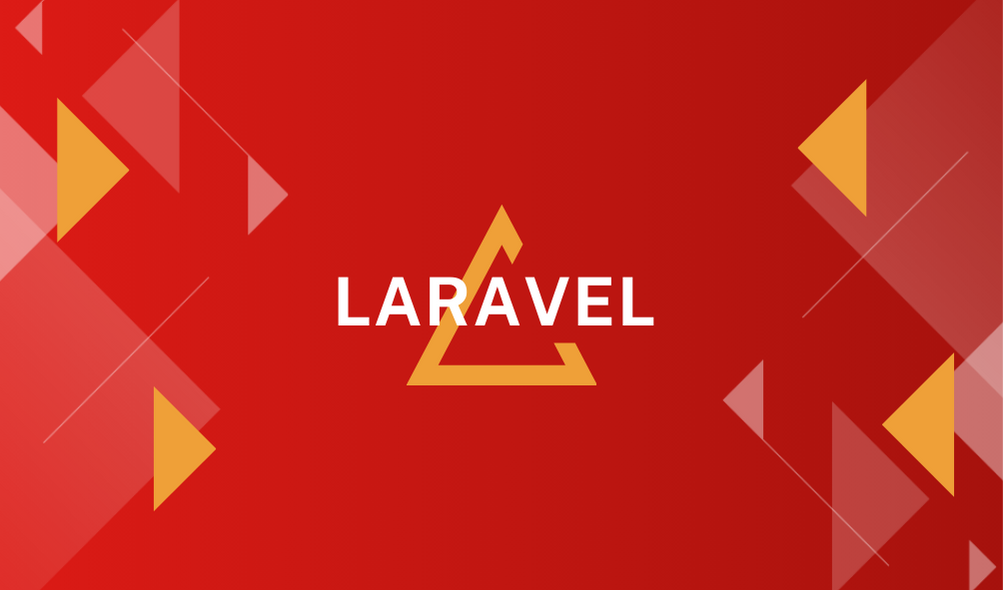
Conclusion
In conclusion, Laravel stands as a compelling choice for web development projects of all sizes and complexities. With its elegant syntax, rich feature set, vibrant ecosystem, and active community, Laravel empowers developers to build robust, scalable, and secure applications with unparalleled efficiency and ease.
Whether you’re a seasoned Laravel developer or embarking on your first Laravel project, the framework’s versatility, flexibility, and future-proofing capabilities make it a worthy investment for your development endeavors. By harnessing the power of Laravel, you can bring your ideas to life and deliver exceptional web experiences that delight users and drive business success.
So, should you choose Laravel? With its myriad benefits and unmatched capabilities, the answer is a resounding yes.
